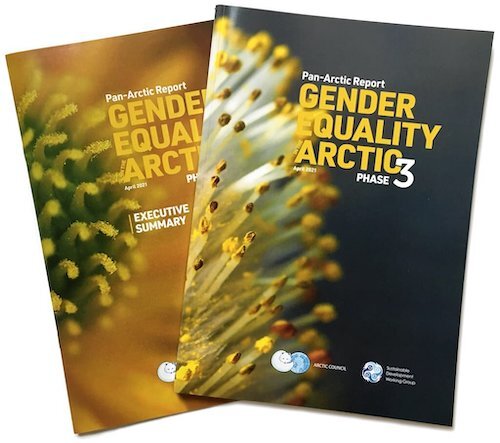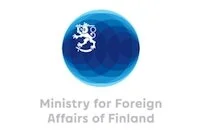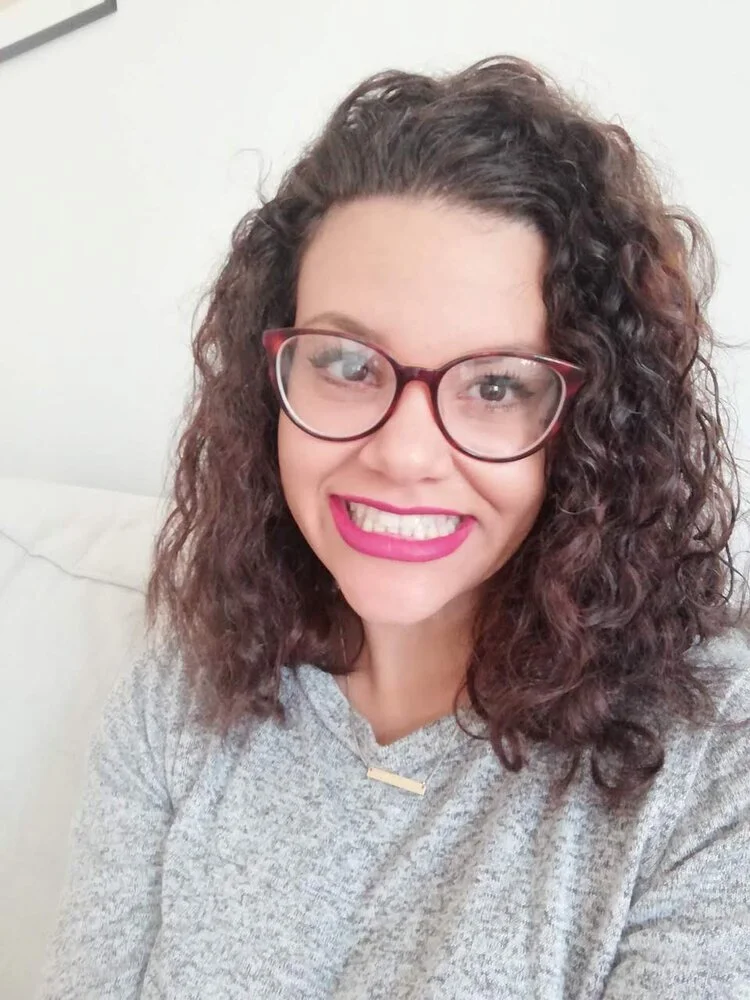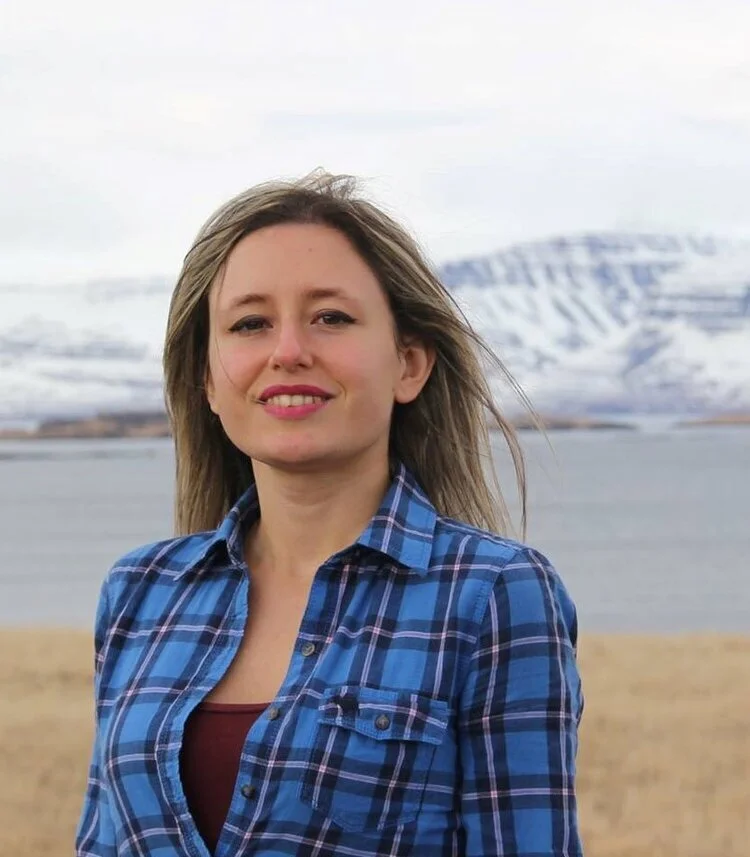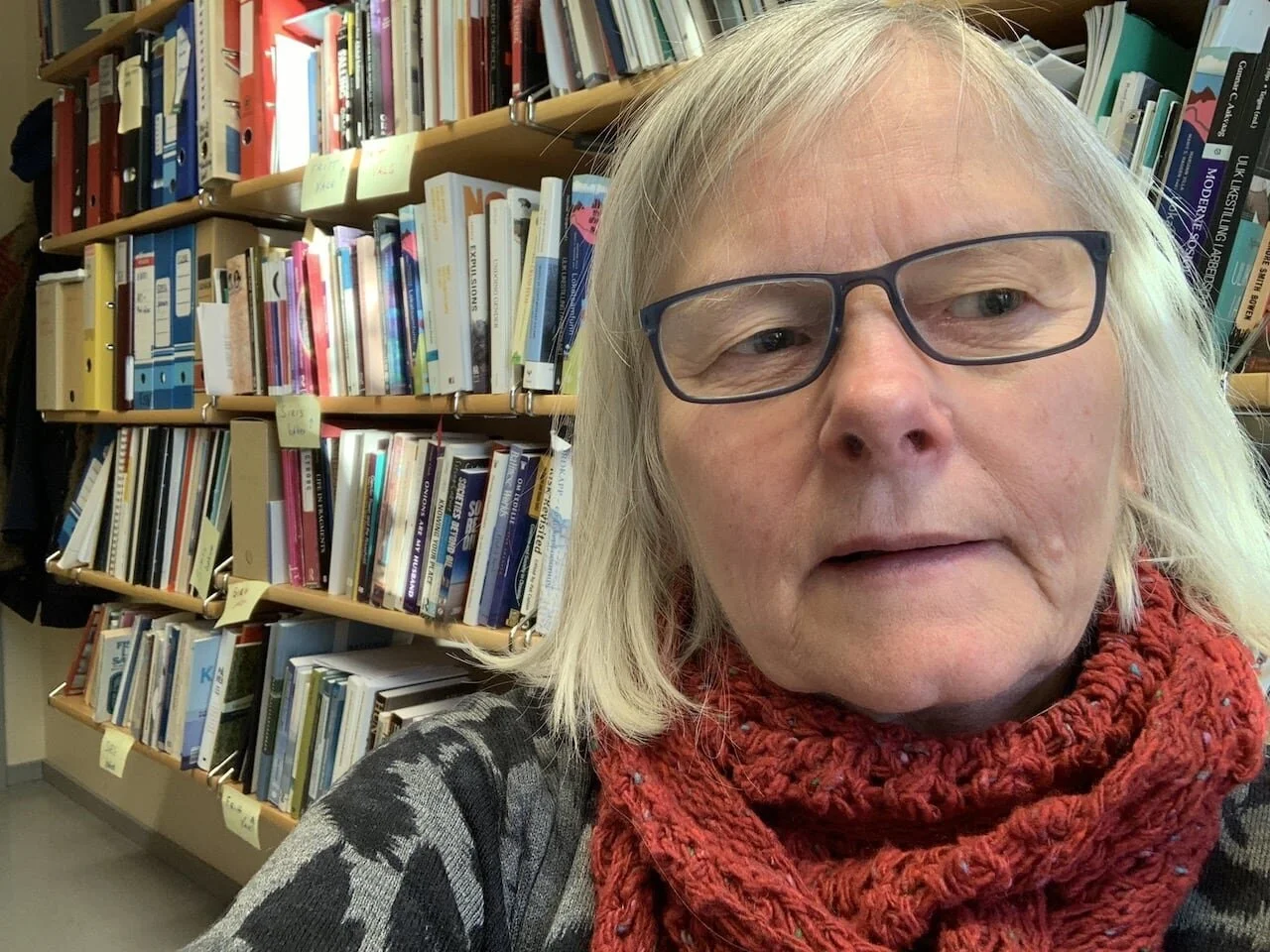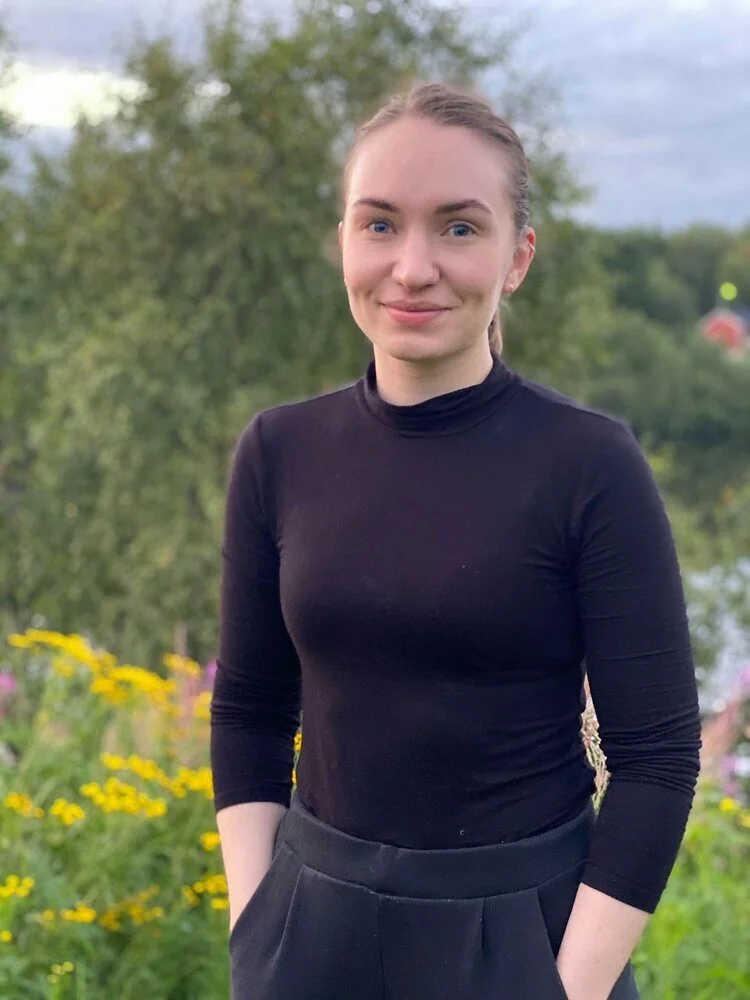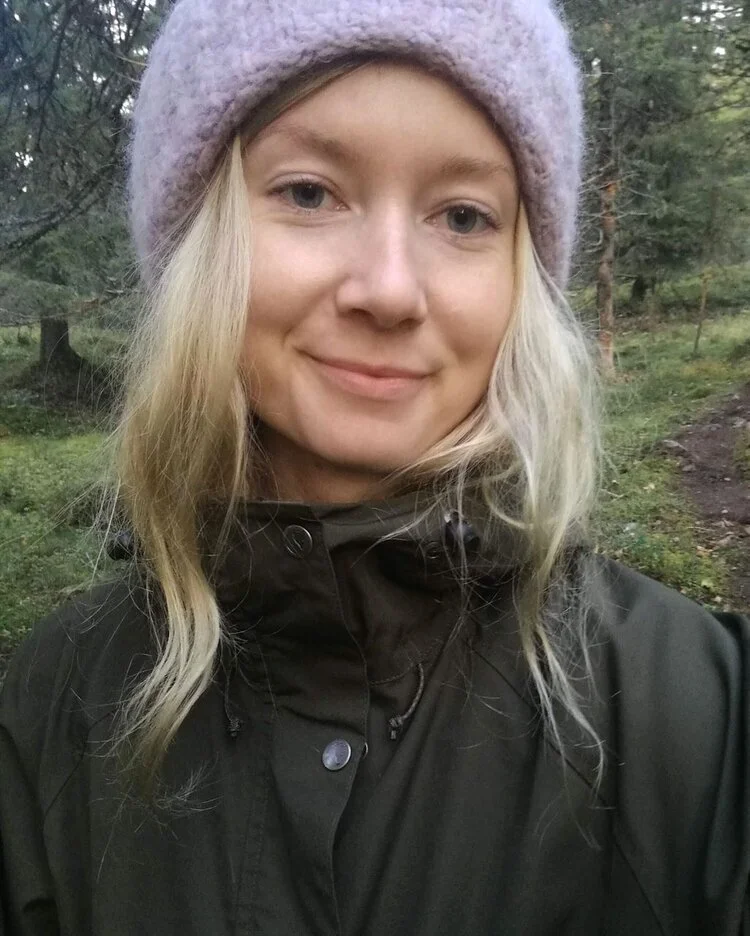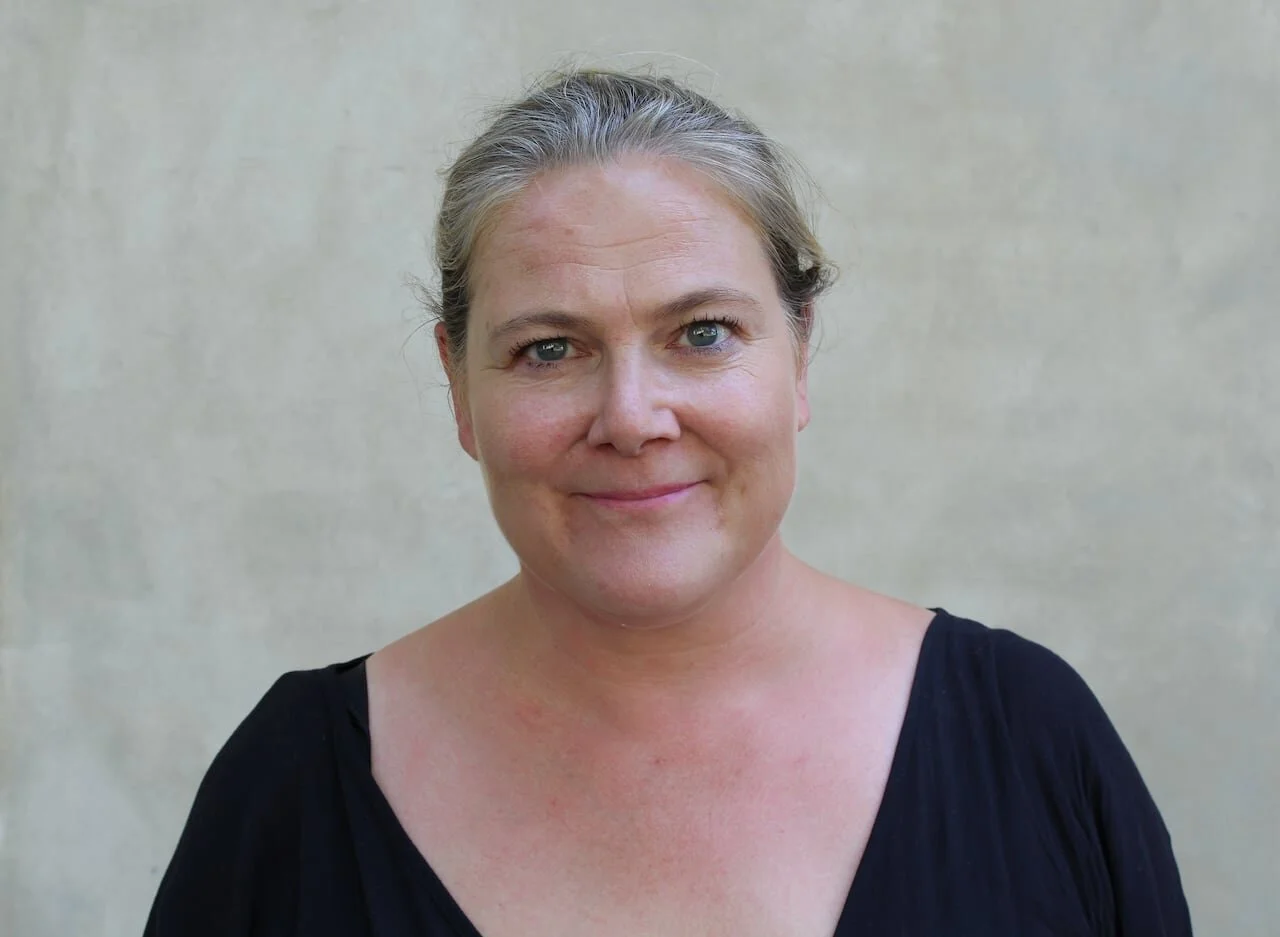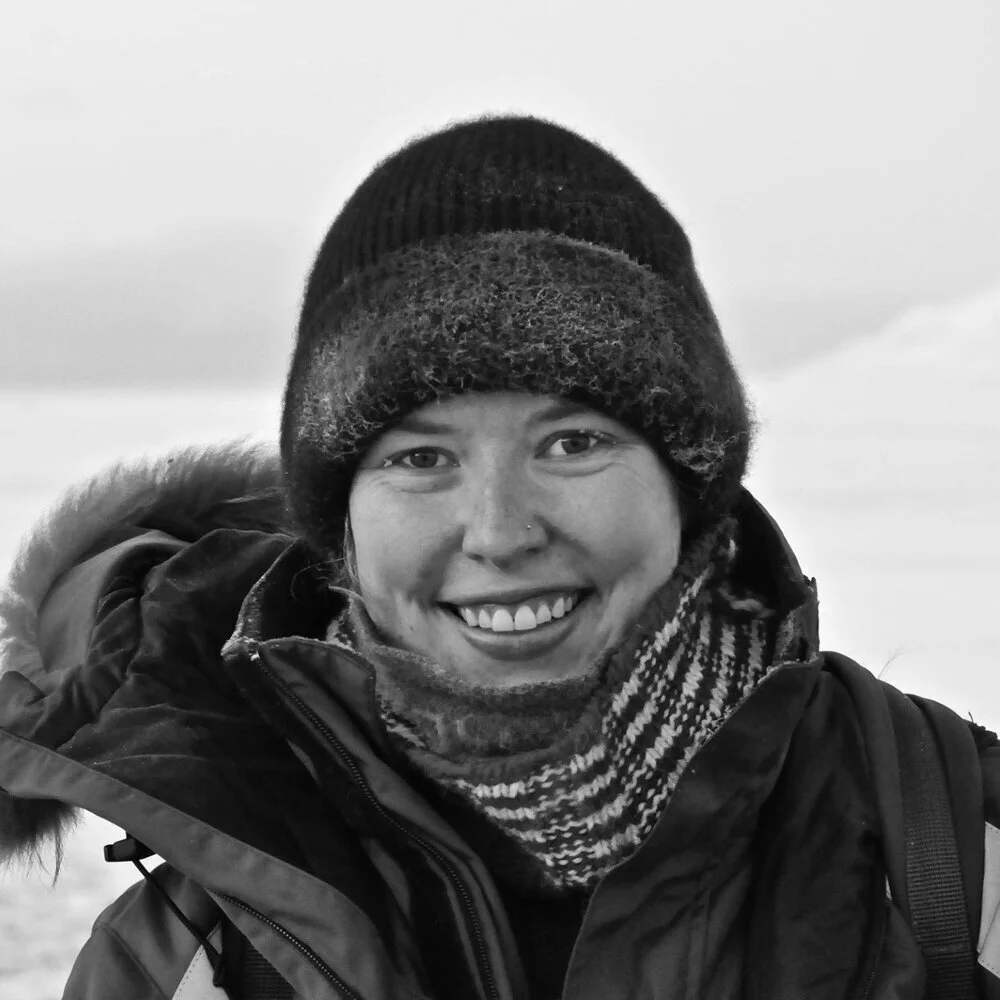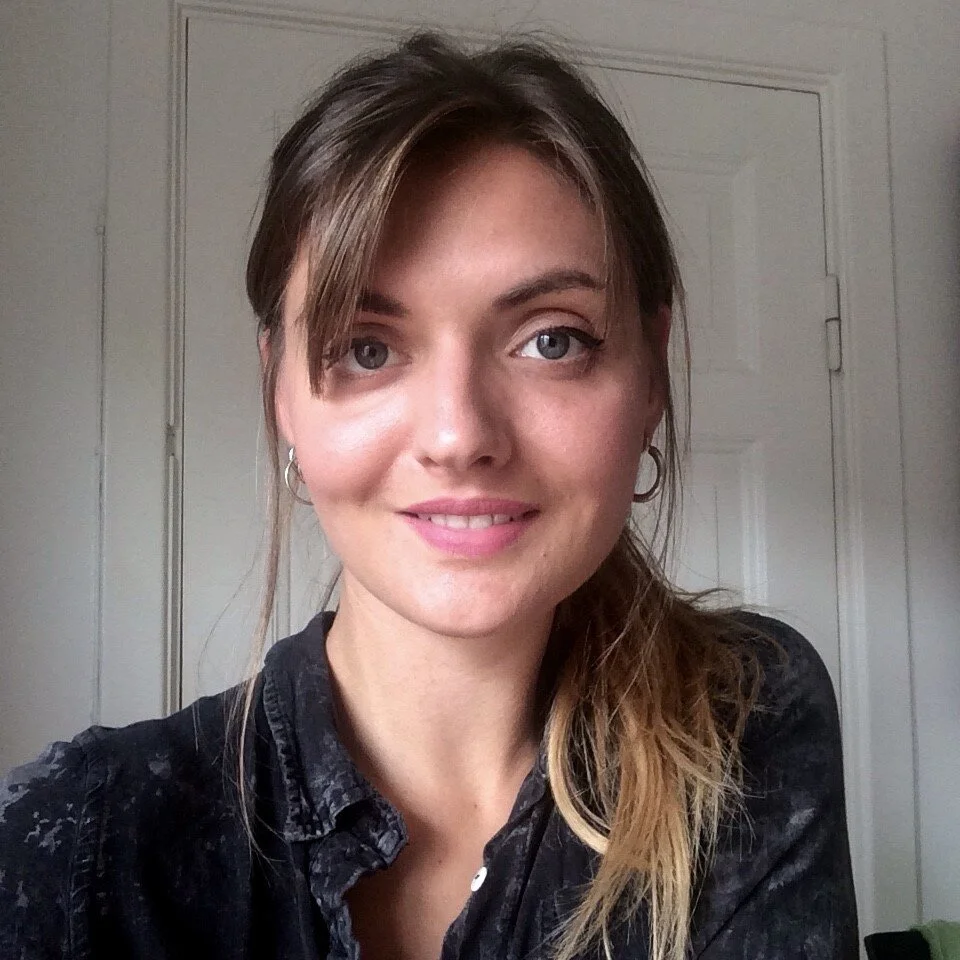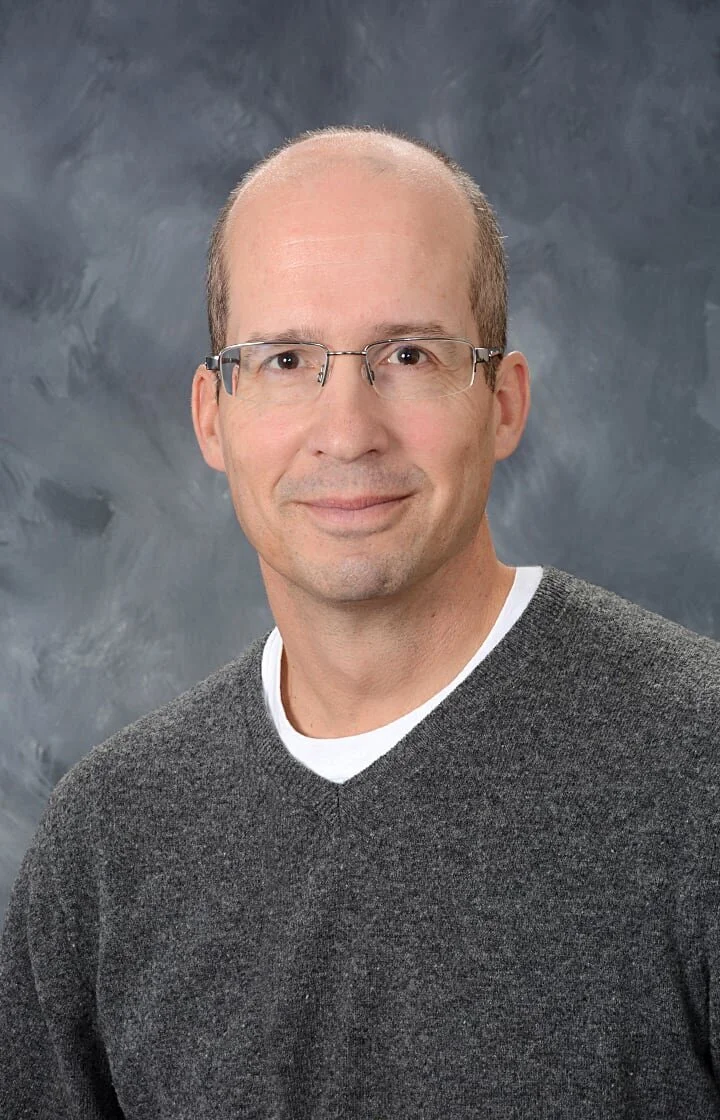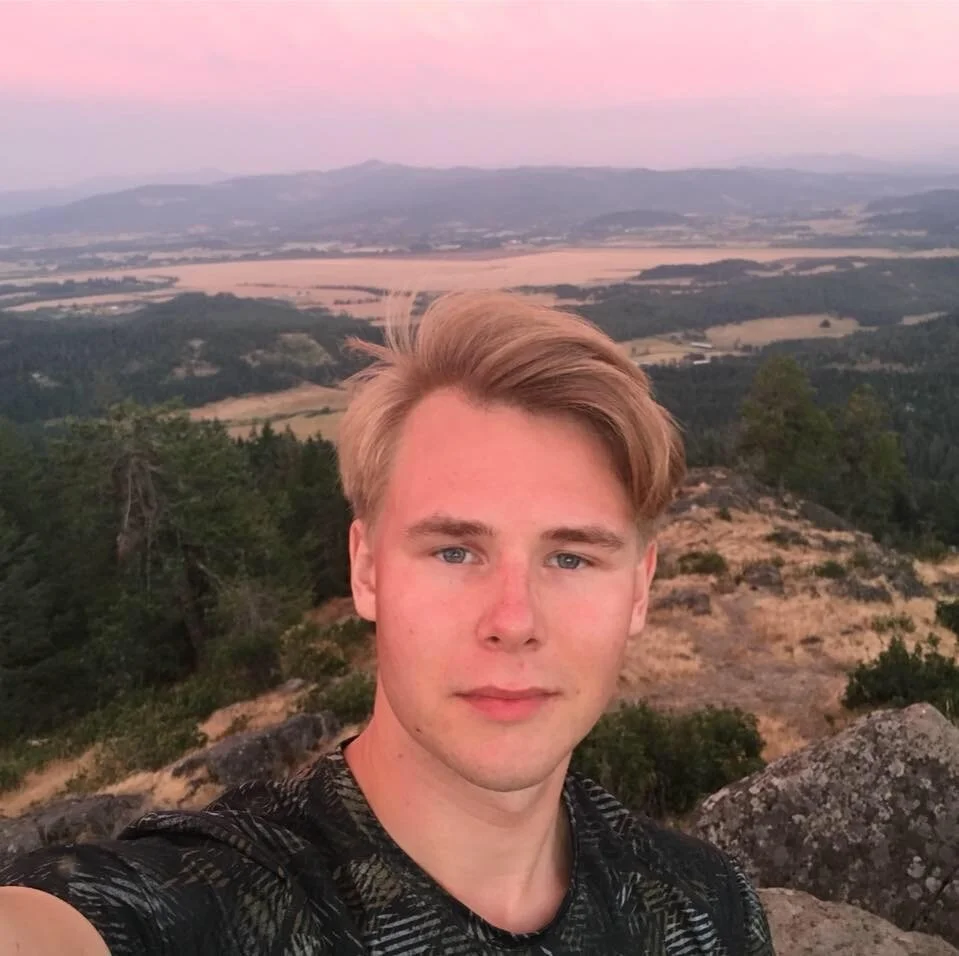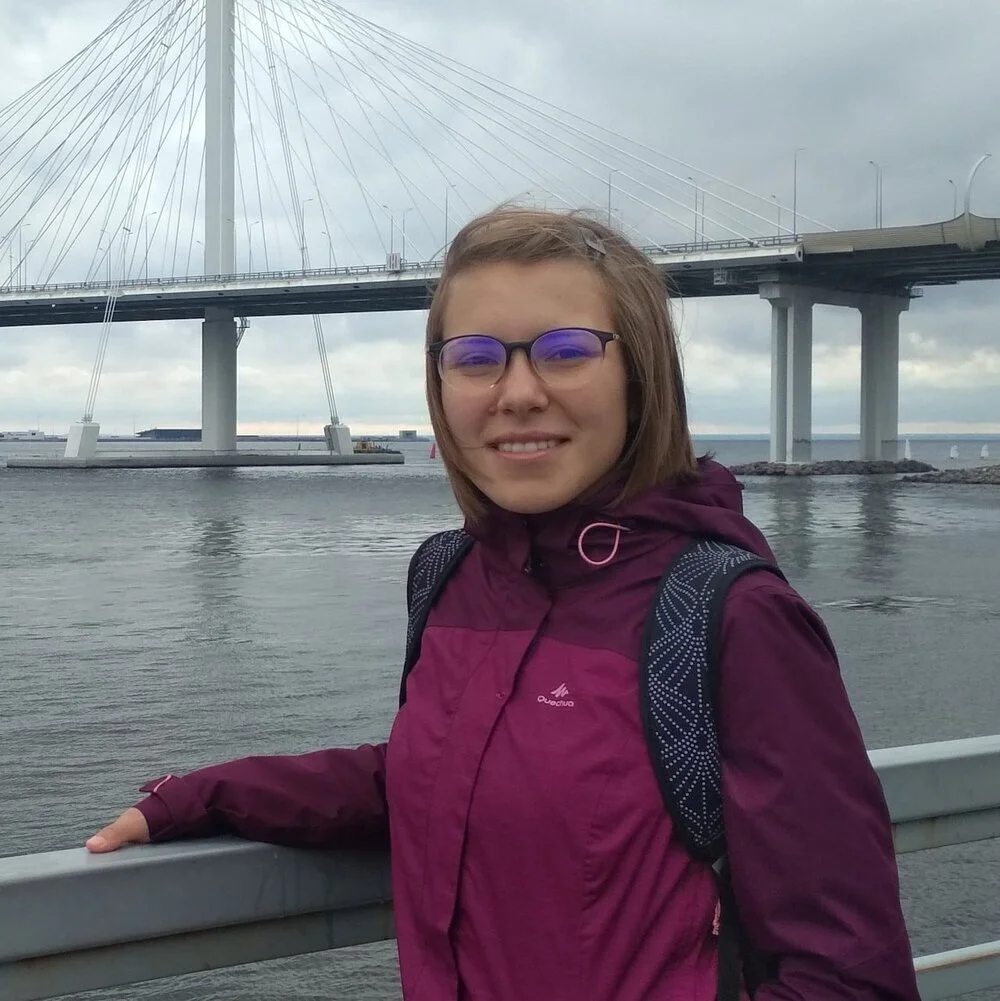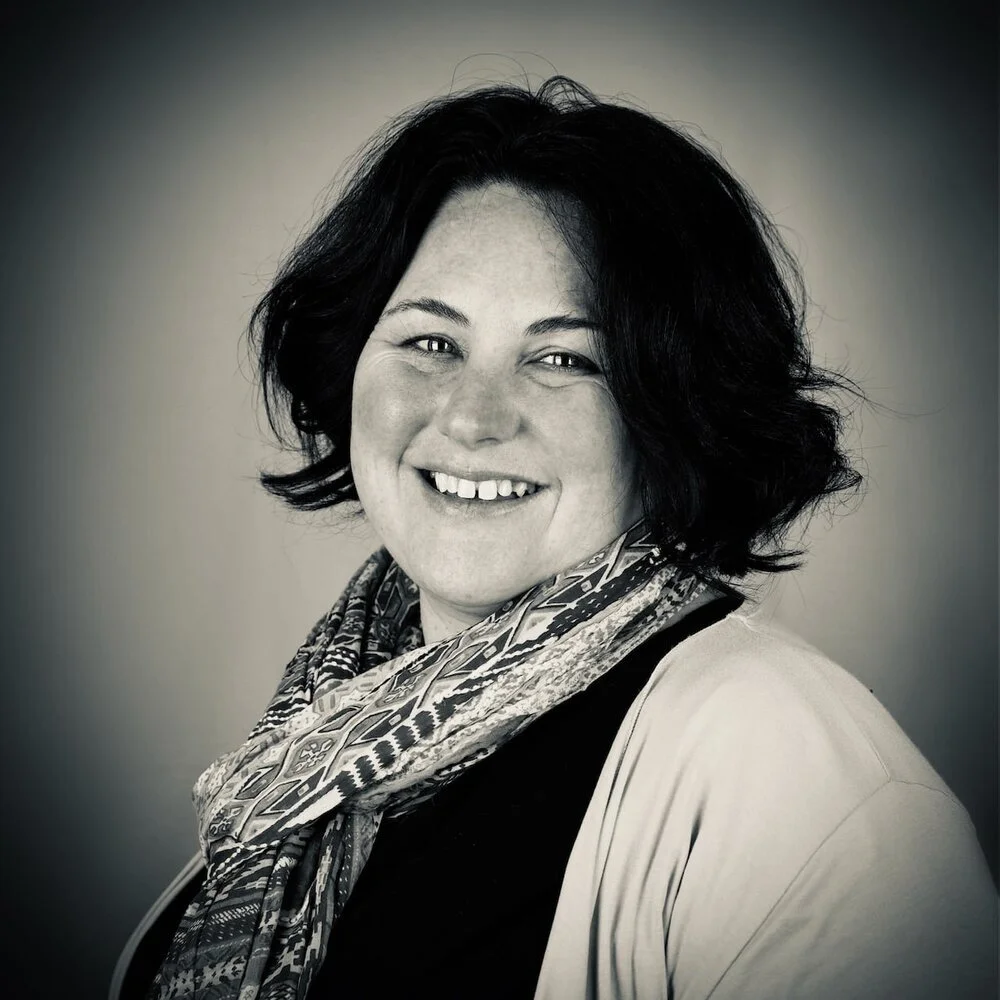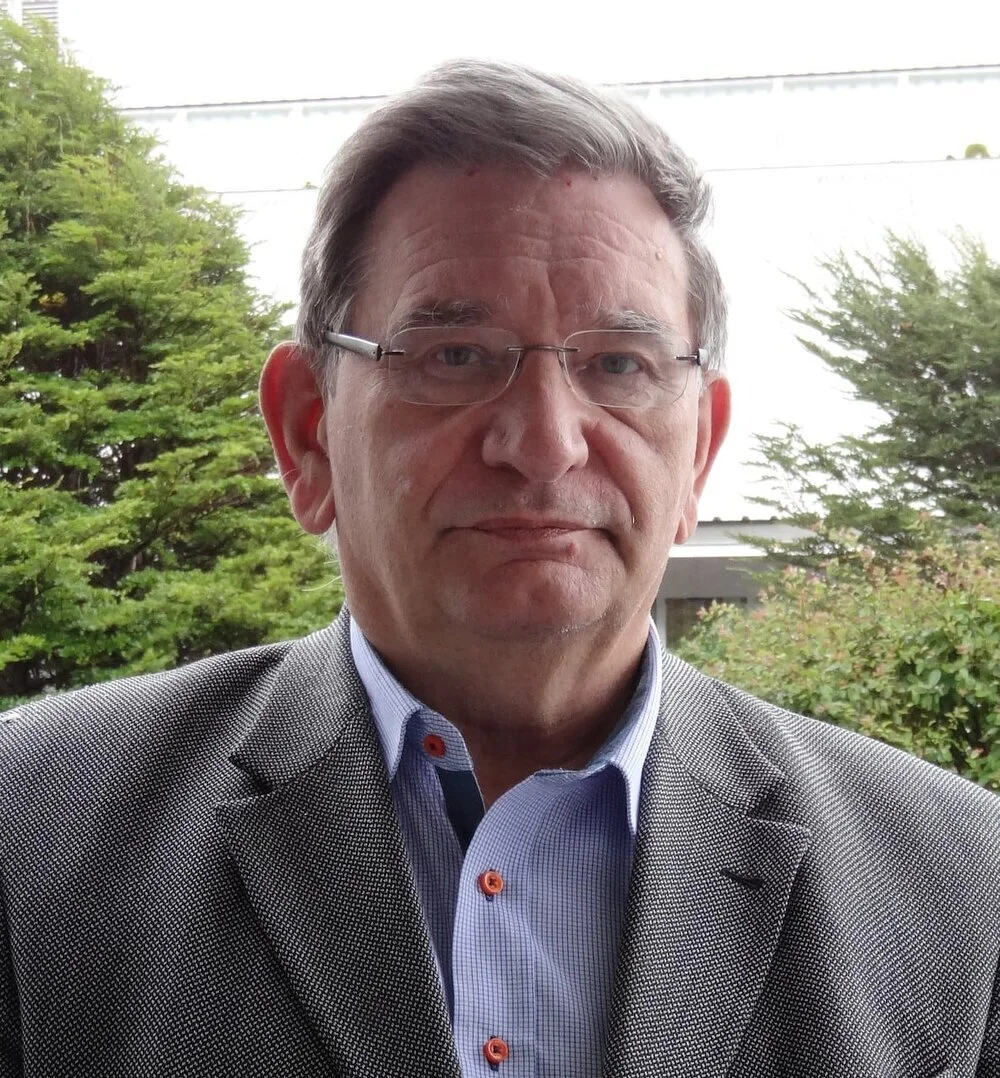GENDER & ENVIRONMENT IN THE ARCTIC.
Source: Gender Equality in the Arctic III.
In 2020-21, Women of the Arctic, with support from the Ministry for Foreign Affairs of Finland, led the research behind and writing of the chapter on Gender and Environment in the Arctic in the Pan-Arctic Report: Gender Equality in the Arctic. The chapter provides an overview of the gendered dimensions of issues broadly connected to the Arctic environment, including the climate, oceans, land, biodiversity, natural resources, waste, and pollution. Among other things, this chapter pays attention to variations in how different genders relate to their environment, how they experience changes in that environment, and the gendered impacts of development and environmental change in the Arctic region. Ultimately, the chapter concludes that gender equality is integral for effective, efficient, and equitable environmental protection. Yet all regions of the Arctic exhibit only sporadic engagement with gender and gender analysis, and there is a clear dearth of sex- and gender-disaggregated data across the Circumpolar North. There is also a lack of systematic engagement with gender-based analysis and gendered perspectives within the Arctic Council and across its Working Groups.
“...gender matters in terms of vulnerability, perceptions of risk, and in experiencing the effects of climate change, which transforms the region and challenges the resilience of Arctic communities. ”
The chapter on Gender and Environment in the Arctic is one of six thematic chapters in the Pan-Arctic Report: Gender Equality in the Arctic.
The Pan-Arctic Report: Gender Equality in the Arctic
The Pan-Arctic Report: Gender Equality in the Arctic is a collaborative project involving multiple partners, authors and contributors. The report was published in tandem with the Arctic Council Ministerial Meeting held in Reykjavík 19. – 20. May. Gender equality has been one of Iceland´s priorities during its Arctic Council Chairmanship 2019-2021, under the theme People and Communities. The report is a part of an international project under the Arctic Council Sustainable Development Group on Gender Equality in the Arctic (GEA), led by the Icelandic Arctic Cooperation Network (IACN).
The report provides an overview of gender-related issues in the Arctic, including Law & Governance; Security; Gender and Environment; Migration and Mobility; Indigeneity, Gender, Violence, and Reconciliation; and Empowerment and Fate Control. It contributes to identifying gaps in knowledge when it comes to gender in the region and provides three recommendations specifically for the Arctic Council in addition to almost 70 policy relevant highlights.
The report was developed by 10 lead authors and approximately 80 contributing authors, from over 15 states, including all Arctic States. In the spirit of the GEA project, a vital component of developing the report was the engagement process and significant efforts were made to ensure inclusion and transparency during the process by actively soliciting feedback from peers and interested parties. A special emphasis was on the partnership with Permanent Participants and other Indigenous representatives, both through our Partners, the Editorial Committee, the Youth Advisory Group, the SDWG Social, Economic and Cultural Expert Group, and through contributions to chapters from Indigenous experts, including from the Saami Council, the Aleut International Association, and the Arctic Athabascan Council, as well as the Paktuutit Inuit Women of Canada. The GEA project is also grateful for support from its Partners and Sponsors.
Gender Equality in the Arctic: Phase III.
The GEA project is an international collaborative project dating back to 2013. Lead and co-leads include Iceland, Sweden, Finland, Canada, the United States, the Saami Council and the Aleut International Association.
Launched in 2019, GEA III is a product of the Arctic Council Sustainable Development Working Group, and a Chairmanship project during the Icelandic Chairmanship 2019–2021.
PARTNERS & SUPPORTERS.
This chapter would not have been possible without the support of the following partners:
The GEA project is grateful for the support received by its Partners and Sponsors.
CHAPTER LEAD AUTHORS.
MALGORZATA (GOSIA) SMIESZEK is a Project coordinator at the UiT Arctic University of Norway in Tromsø and a researcher collaborating with the Arctic Centre, University of Lapland in Finland. Her research interests include international environmental regimes, Arctic and ocean governance, questions of science–policy interface, and the gender–environment nexus.
TAHNEE LISA PRIOR is a Killam Postdoctoral Fellow with the Marine & Environmental Law Institute of the Schulich School of Law at Dalhousie University in Halifax, Canada. Her research interests include global environmental governance, international law, complex systems theory, Arctic and oceans governance, and the nexus of gender and environment.
CONTRIBUTORS.
We are endlessly grateful to the our Contributing Authors, the Editorial Committee, the Youth Advisory Group, our Partners and Sponsors, and the Arctic Council Chairmanship team at the Icelandic Ministry for Foreign Affairs for their valuable contribution to the Report.
OTHER CONTRIBUTORS.
AMAP, ARCTIC COUNCIL.
BRYNHILDUR DAVÍÐSDÓTTIR.
DEVLIN FERNANDES.
VÍÐIR RAGNARSSON.
EXTERNAL REVIEWERS.
MARGARET WILLSON, UNIVERSITY OF WASHINGTON.
SIRI GERRARD, UiT ARCTIC UNIVERSITY OF NORWAY.
RACHAEL LORNA JOHNSTONE, UNIVERSITY AKUREYRI.
YOUTH ADVISORY GROUP REVIEWER.
KELSEY SCHOBER, MA CANDIDATE, POLITICAL SCIENCE, UNIVERSITY OF ALBERTA.
SELECT PRESS.
GENDER EQUALITY IS A FUNDAMENTAL COMPONENT OF SUSTAINABLE DEVELOPMENT.
Iceland’s Foreign Minister, Gudlaugur Thor Thordarson, reflects on a new report unveils the need for strategies to ensure gender equality in the Arctic.
GENDER EQUALITY FOR A SUSTAINABLE AND PROSPEROUS ARCTIC.
The Arctic Council reflects on the importance and challenge of assessing gender in the Arctic.
